This blog was originally hosted at Empty Cages Design.org as part of a series on Overcoming Burnout from 2016-2017. It has now been turned into a book that is available at: https://solidarityapothecary.org/overcomingburnout/
I knew it was inevitable that I would be writing about grief soon. I could feel the intensity of feelings build up, my dreams recalling distress and despair. The repeated failure at trying to sleep soundly. The inability to concentrate and feel gratitude for the millions of things that bring meaning to my life.
I didn’t want to write about grief and focus on the experience of losing my best friend. I have been wanting to write about grief in the context of social struggle (of course the two aren’t separate for me or many others). Of how we cope with our losses, with repression, with losing comrades and even the loss of different sides of ourselves as we engage in struggles for social change. And how unresolved grief burns us out. This is my attempt.
Grief is probably one of the most universalising of experiences. It is felt by billions. And yet even when knowing how shared it is as an experience and as an emotion, it feels like the loneliest place on earth. This last year, even though I’m surrounded by a beautiful caring family and incredible circle of friends, I have never, ever, felt so completely alone.
It feels like basic tasks are one hundred times harder. The emotional heaviness rests physically on my body. To feel joy again feels like a mountaineering expedition with no compass and no map.
In the books I have been reading to try and help heal from bereavement, authors John W. James and Russell Friedman describe grief as the conflicting feelings caused by the end of or change in a familiar pattern of behaviour [1]. Interestingly, grief is associated not just with the death of people we love, but with loss and change. The loss of relationships, homes and more. I had never viewed grief in this way and it made me realise how little we honour our grief in anarchist or social movements (let alone in society in general).
We might experience a campaign ending because of state repression. We might have invested years and years and then lost it all. Or we might lose friends to burnout, or in many parts of the world, lose our comrades to death at the hands of the state, or simply to poor health as an outcome of poverty and years of struggle. It might be that animal we had to leave behind on an action, who haunts our dreams. In a more distant, yet fully relational way, we might witness things that trigger deep sadness and despair, such as images of refugees drowning or pictures of slaughterhouses. With the relentless nature of the media documenting such tragedies, we are never far away from these feelings.
In the Grief Recovery Workbook, the authors encourage you to create a timeline of all your losses, so you can discover which of them are the most self-restricting, the most ‘un-complete’ and painful. I’m starting to wonder whether doing this about a campaign would be really effective too – making a timeline and looking at different events and losses and how they felt to everyone engaged. When looking with this birds eye view, you can start to see the patterns. My observation on my graph was that I could begin to see how losses accumulate, and how each one just knocks you out that little bit more. We’re so busy focusing on getting through whatever it is we are coping with or working on, that we don’t often look behind us. We don’t often feel deeply the emotions we’ve repressed, silenced or minimised.
Likewise in struggles, we don’t do this grief work collectively. We don’t sit down and share or process what we’ve learnt or how we’re feeling. We’re lucky if we reflect at all. I’m sure one-to-one, people engage in reflective conversations, however there is no collective grieving process. We might, at the bare minimum, learn from what tactically or strategically could have been different. There might be theoretical analysis in texts or talks at Bookfairs. But no one talks about how it feels.
So I’m going to start a trend. Because no one in the animal liberation movement wants to talk about what happened all those years ago. We are all still frightened of expressing our feelings for fear of public ridicule. Because we’ve been socially conditioning each other to believe that our feelings don’t mean anything because we suffer so little compared to animals. Well I am completely over organising in emotionally-illiterate social movements. I am completely done supporting so many people that experience all these emotions in private, yet the movement silences them in public.
How did I feel when the animal liberation movement was battered by repression? It felt terrifying, overwhelming, frightening, rage-inducing, degrading and completely dehumanising. I felt a deep sadness, a sense of loss and isolation, despair and darkness. An intense loneliness, recurring regret, shame, hate, guilt and feelings of betrayal. I felt completely unsafe and unsupported. I felt trapped in an emotional earthquake, with no steady ground anywhere. These feelings lasted for several years, and to be honest, they still surface. What I can see now is that these feelings relate to a sense of loss; they are the expressions of my bereavement and the dissolution of my identity rooted in a movement bigger than myself. They are the shattered dream of closing a lab that still tortures thousands of animals every day. Each morning I wake up and feel like a failure. The grief cannot be ‘complete’ because the goal has not been achieved. The animal liberation movement in England cannot recover because it hasn’t processed its grief.
James and Friedman write how we need to ‘complete’ our grief. Incompleteness is the accumulation of undelivered communications, large and small, that have emotional value to us. Politically, it may feel like our work is never complete, because the state still stands and the myriad of forms of oppression are still alive and kicking. But I believe movements can process grief better by reflecting on loss and change, and acknowledging how it has made us feel and what we have learnt (thus ‘delivering’ these communications).
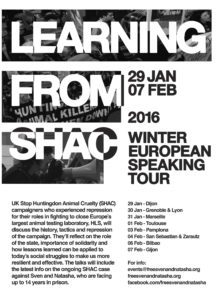 In my last speaking tour in Europe, where I unfortunately got sick, I felt I finally acknowledged some of the emotional impacts that the ending of the SHAC (Stop Huntingdon Animal Cruelty) campaign had meant in my life. Not just the tactical learnings, the need to increase our resilience to repression, etc. – but the raw emotion of loss, regret and despair. Most likely because of my physical vulnerability, I opened up a bit more and talked about how it all felt, the regrets and the things I wished I/we had done differently. I was out of my comfort zone, that wild place where the healing happens.
In my last speaking tour in Europe, where I unfortunately got sick, I felt I finally acknowledged some of the emotional impacts that the ending of the SHAC (Stop Huntingdon Animal Cruelty) campaign had meant in my life. Not just the tactical learnings, the need to increase our resilience to repression, etc. – but the raw emotion of loss, regret and despair. Most likely because of my physical vulnerability, I opened up a bit more and talked about how it all felt, the regrets and the things I wished I/we had done differently. I was out of my comfort zone, that wild place where the healing happens.
We could do this by producing zines, writing articles, making art, doing talks and workshops. Even just gathering as friends. We need to document our own history and not let the state tell our story. Organisers that have been going at it for a long time especially need to be called upon to share their stories of change and losses in struggles. It may help newer folk feel more prepared for the inevitable losses and the rich learning we can take from them. And while we need to honour our grief on a movement-level, we also need to acknowledge the uniqueness of our experiences as individuals in relationship to loss, and share these feelings too, so others don’t feel alone in their grief and despair.
Mixing this intense personal and movement-level work is our role in honouring our fallen comrades; for whom some are heroes they have never met, for others best friends. One such project is the documentary about Barry Horne, a committed Animal Liberation Front activist who lost his life in prison when on hunger strike. I know it is as much a personal project of transforming the pain of grief into political action. Barry was a huge inspiration to me as a kid, the grief of losing him was felt by the animal liberation movement so vibrantly and fully, I will never forget it.
We have to compost our grief. We have to find the rich learning from it, otherwise nothing new will grow. To really learn, we have to feel. And to heal we have to share our feelings, in public or private. We need to validate them and use them to nourish the soil and grow stronger, more powerful and resilient resistance.
References
1. The Grief Recovery Handbook, John W. James and Russell Friedman

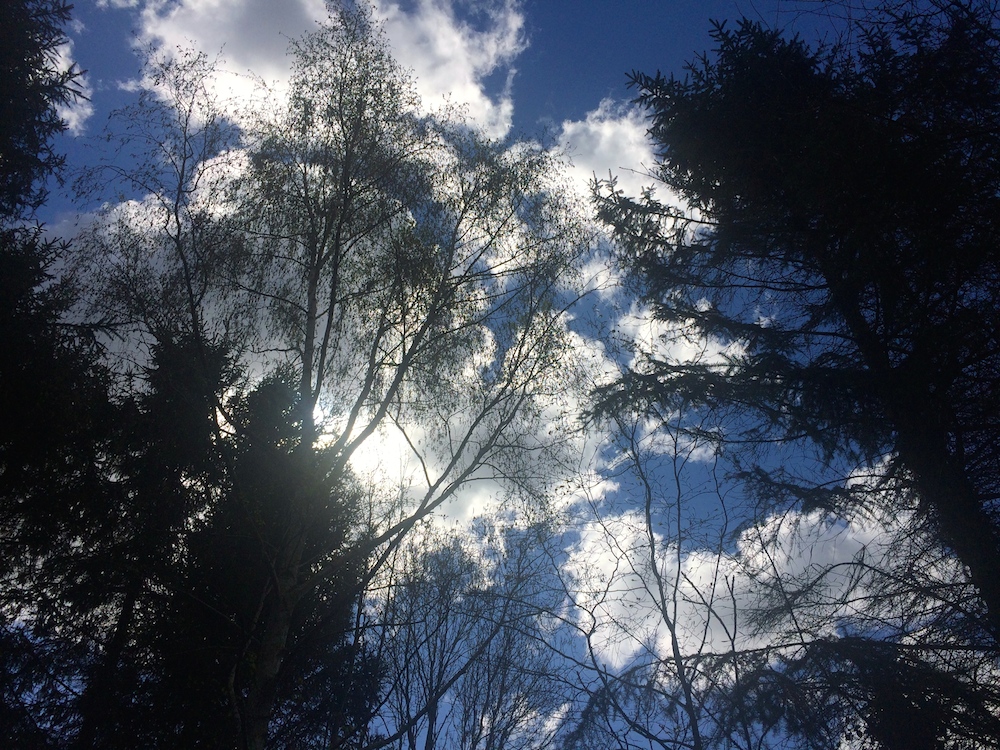
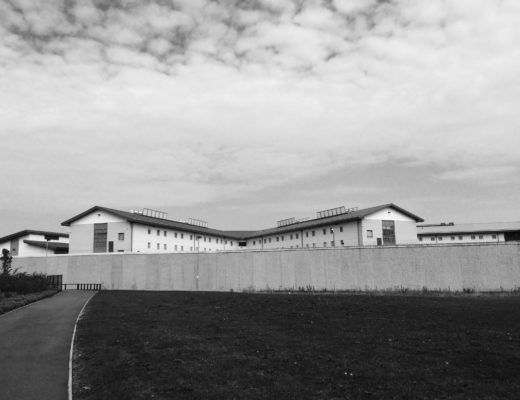
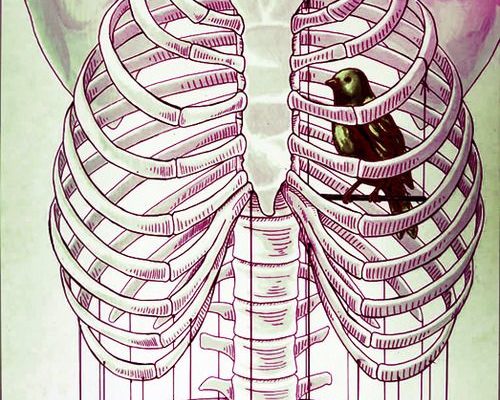
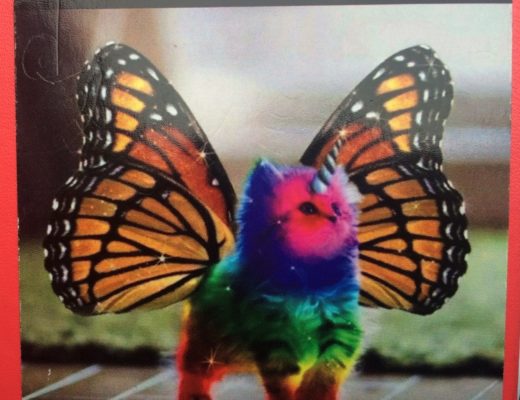
No Comments